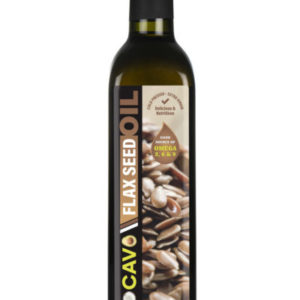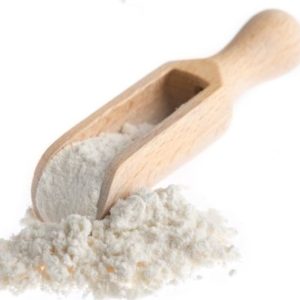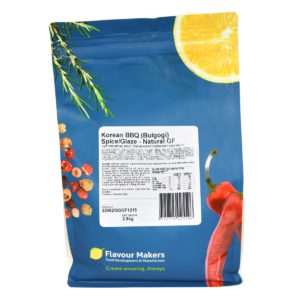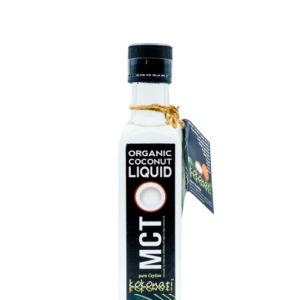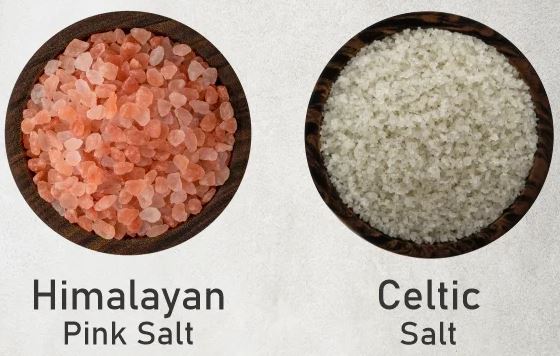
Salt, the crystalline chemical compound, has the status of an essential component of daily cooking.
Maintaining the fluids in the body, supporting the functioning of cells, or adding magic to your food, the correct quantity of salt is always a key component.
Salt of many various types are available in the market, differing in color, texture, taste, and nutritional value. The most common among these are table salt, sea salt, black salt, kosher salt, Himalayan pink salt, and Celtic sea salt.
Here, we’ll discuss some of the properties of Himalayan Pink Salt and the Celtic sea salt that will give you an insight into these 2 popular condiments.
Himalayan Salt
This salt is 98% sodium chloride, 2% trace minerals, and contains a lower amount of sodium than regular table salt. This salt is also known as one of the purist salts as it is uncontaminated from any pollutants found in the environment.
This salt originates from the foothills of the mountains of the Himalayas. People often wonder what are the uses of Himalayan Pink Salt.
Uses Of Pink Himalayan Sea Salt
We cannot deny the fact that Himalayan pink salt has many benefits and is used for different purposes. People often utilise this in place of regular table salt. It is usually used:
- As an ingredient for cooking
- As a preserving agent
- As bath salt
- As an active ingredient in beauty and skincare products
Himalayan pink salt is sometimes defined as the purest salt on earth with many health benefits, but this salt does not always earn its place as the healthiest salt because people are not aware of it’s health benefits:
Himalayan Salt Health Benefits
This salt contains up to 80 trace minerals like calcium, magnesium, and potassium, which give it the iconic pink color. The health benefits this salt possess are as follows:
- Prevents dehydration.
- Prevents high blood pressure.
- Supports the contraction and relaxation of muscles.
- Strengthens respiratory system.
- Improves sleep quality when used as salt lamp.
- Detoxifies when used as a bath salt
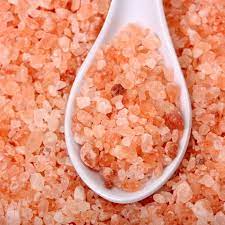
Celtic Sea Salt
Celtic sea salt originates from the coastal area near Brittany, France. It always remains a greyish damp salt no matter the conditions because of its moist nature. After collecting from the seashore, it is dried in wind and sunlight. It contains less quotient of sodium as compared to table salt with some significant amount of trace minerals.
What Is In Celtic Sea Salt?
Celtic sea salt contains substantial traces of magnesium that give distinctive color. There are 34 trace minerals with 33% of sodium. This composition shows that Celtic sea salt is a vital blend of minerals and has many health benefits.
For many years, doctors and health care providers suggested people not have salt. They said that to have a healthier cardiovascular system, one must reduce the amount of salt. This made people conscious of their salt intake.
Is Celtic Sea Salt Good For You?
Many people ask if Celtic sea salt is good for their health or does it have any benefits for the body? Well, the answer is yes, as it helps to remove mucus and clear the congestion in the nasal cavity, helps in boosting the immune system, strengthens the heart, reduces the risk of high blood pressure, reduces muscle cramps, prevents kidney stones, and controls the quantity of saliva production, etc.
Where Does Celtic Sea Salt Come From?
Salt is mined from the seashore of Brittany that is located in France. The evaporation of water forms the crystals of Celtic salt at the seashore.
Pink Himalayan Salt Vs. Celtic Sea Salt
Himalayan Pink Salt originated from the mountains of the Himalayas whereas, Celtic salt is derived from the seashore of the sea in France. Himalayan salt is hand-mined in the form of rocks and Celtic salt is obtained from the evaporation of seawater in the form of crystals. Himalayan salt is pink in color, and Celtic salt is light grey.
The number of trace elements in both salts is also differentiated by a significant number. Himalayan Pink Salt contains 84 trace elements whereas, Celtic salt contains 34 trace elements. Himalayan salt contains 98% sodium chloride whereas, and Celtic salt contains 33% sodium and 50.9% chloride.
These salts also differ in benefits as the Himalayan salt impacts the body more than the Celtic salt. Himalayan salt helps prevent lower blood pressure, and Celtic salt helps control higher blood pressure.
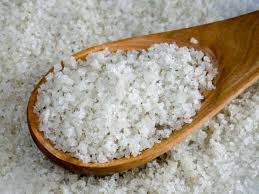
BLUEBERRY & AVOCADO OIL PANCAKES
Avocado oil is a real win in our books. It has a high smoke point and a delicate nutty flavour, making it a very versatile and delicious oil for all types of cooking....
SPICED GINGER & KUMARA LOAF
Is there anything better than a thick, warm slice of fluffy loaf, delicately spiced and served with tangy yoghurt? That description is pretty much all the inspiration...
ROASTED GRAPE & CARROT SALAD
If you haven't tried roasted grapes, you're seriously missing out. Or, if you haven't tried sumac and caraway seeds together, you're also missing out! This is a really...
FRIED ORANGE & BARLEY SALAD
This salad has it all! Fried oranges, sauteed asparagus, chewy barley, cranberries, almonds, plus a highly addictive dressing! Frying oranges until they're...
TURMERIC & LEMON DUKKAH
Here is the perfect crunchy dukkah recipe, which you can either throw on top of a salad, or sprinkle over dips, or use as a crumb, etc. This dukkah recipe is just as...
DOUBLE CHOCOLATE SESAME COOKIES
If you're looking for the ultimate chocolate bomb indulgence, you've come to the right place. How does a freshly baked batch of double chocolate cookies with massive...
SPICED TURMERIC COCAVO SMOOTHIE
Add any of the Cocavo oil variants to your smoothies to play around with new flavours, get a smooth creamy texture, and give your body an extra boost of health...








